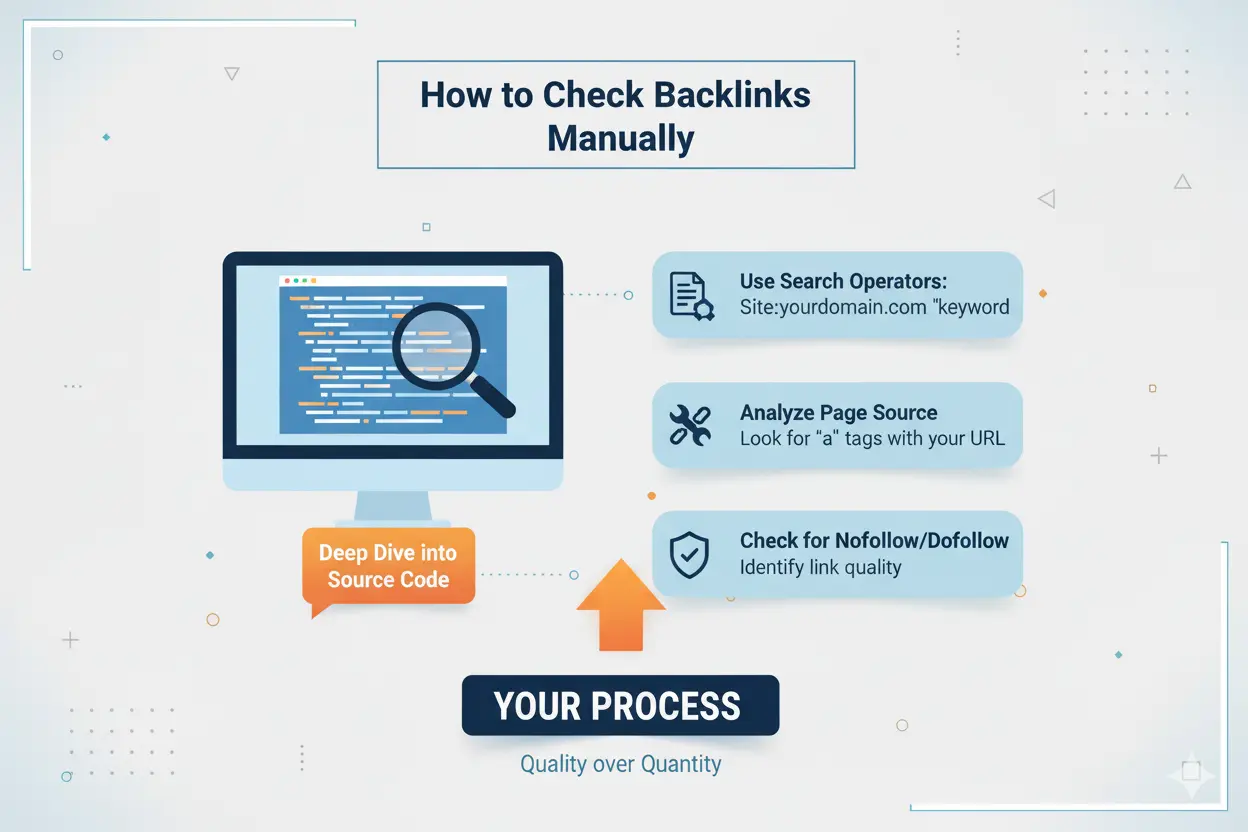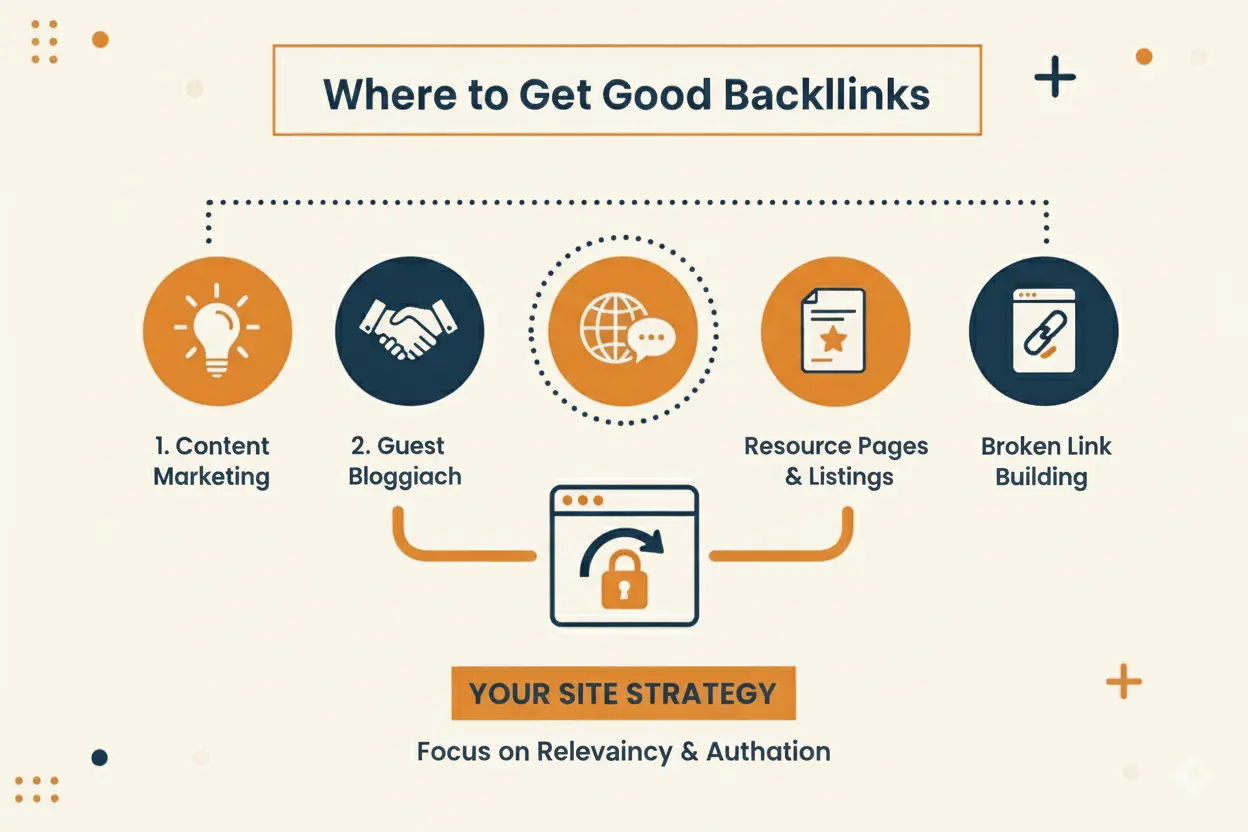Building backlinks is already challenging in competitive niches, but it can be even trickier in very small or micro-niches. These niches have fewer websites, fewer bloggers, and limited content, which can make traditional link-building tactics less effective. However, with the right strategy, even small niches can generate high-quality backlinks that boost SEO and drive traffic.
Understanding the Challenge of Small Niches
Small niches often face these obstacles:
- Limited Outreach Opportunities – Fewer bloggers, forums, and websites exist to collaborate with.
- Low Search Volume – Because the audience is tiny, fewer people share content naturally.
- Narrow Relevance – Finding sites that are topically relevant can be difficult, which is critical for effective link building.
Despite these challenges, backlinks in small niches can be very powerful because each link often comes from a highly relevant source, increasing its SEO value.
Strategies to Build Backlinks in Small Niches
1. Create Hyper-Specific, High-Value Content
In small niches, quality matters more than quantity. Develop content that:
- Solves a very specific problem your audience has.
- Offers unique insights, data, or research that no one else provides.
- Can become a reference point for anyone covering the niche.
Highly specific content is more likely to attract backlinks because it’s rare and valuable.
2. Build Relationships with Niche Influencers
Even in small niches, there are usually a few key influencers, bloggers, or community leaders. Strategies include:
- Engage with their content on social media or forums.
- Offer guest posts or collaborate on content projects.
- Share data, case studies, or insights that they can reference with a backlink.
Relationships often lead to natural, high-quality backlinks.
3. Participate in Niche Forums and Communities
Many small niches have active forums, subreddits, or online communities. By contributing valuable answers and resources, you can:
- Earn backlinks in forum posts or resource lists.
- Increase visibility to other content creators who may link to your site.
4. Leverage Broken Link Building
Even in small niches, some content goes offline or pages break. Use tools like Ahrefs or Screaming Frog to find broken links and offer your content as a replacement. This method works well because small niches often have fewer alternative sources, so your content stands out.
5. Target Resource Pages and Directories
Many niche-specific websites maintain resource pages, directories, or link lists. Submitting your site or content to these curated lists can earn high-value backlinks with minimal competition.
6. Collaborate on Niche Research or Studies
Publishing surveys, research reports, or case studies can attract backlinks from other niche sites looking to cite authoritative data. Even small niches value unique insights that others can reference.
7. Guest Posting and Content Swaps
Guest posting is still effective in small niches, but the key is finding websites where your content is extremely relevant. Instead of large generic blogs, focus on micro-sites that cater directly to your niche audience.
Tips for Maximizing Backlinks in Small Niches
- Focus on relevance over authority – One highly relevant link is often more powerful than multiple generic links.
- Track and monitor links – Use tools like Ahrefs, SEMrush, or Moz to ensure your links stay live.
- Repurpose content – Turn a blog post into an infographic, PDF guide, or video to attract different types of backlinks.
- Be patient – Small niches grow slower, but links from these sources tend to be very high quality.
Final Thoughts
Building backlinks in very small niches requires creativity, persistence, and a focus on high-quality, hyper-relevant links. While the number of linking opportunities may be limited, each backlink carries significant SEO value due to its relevance and authority within the niche.








